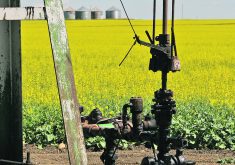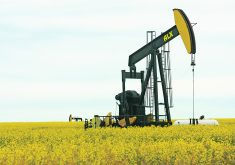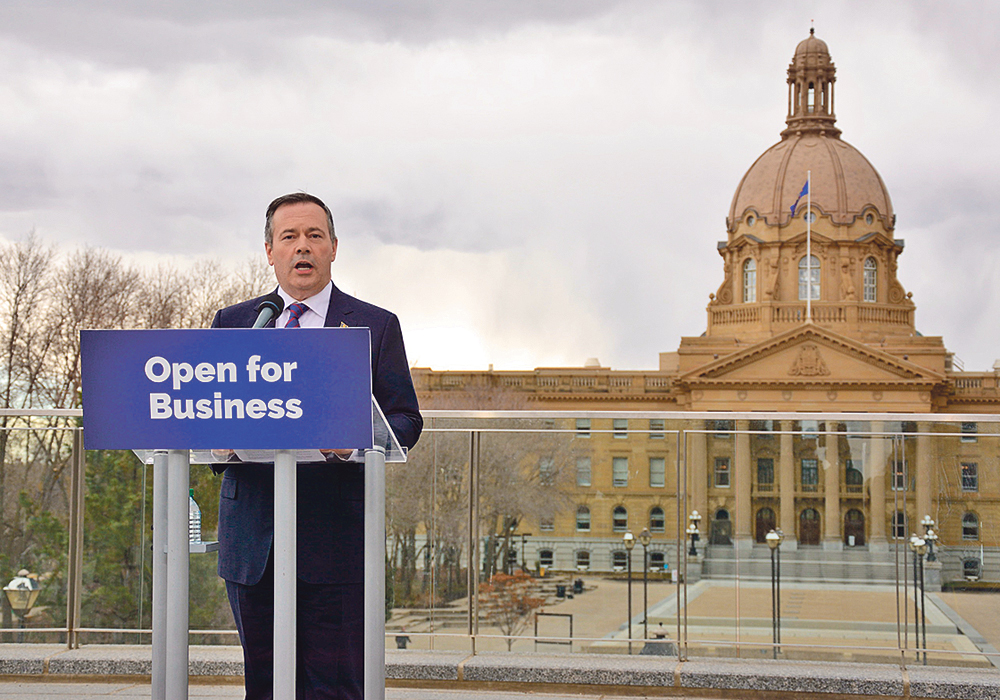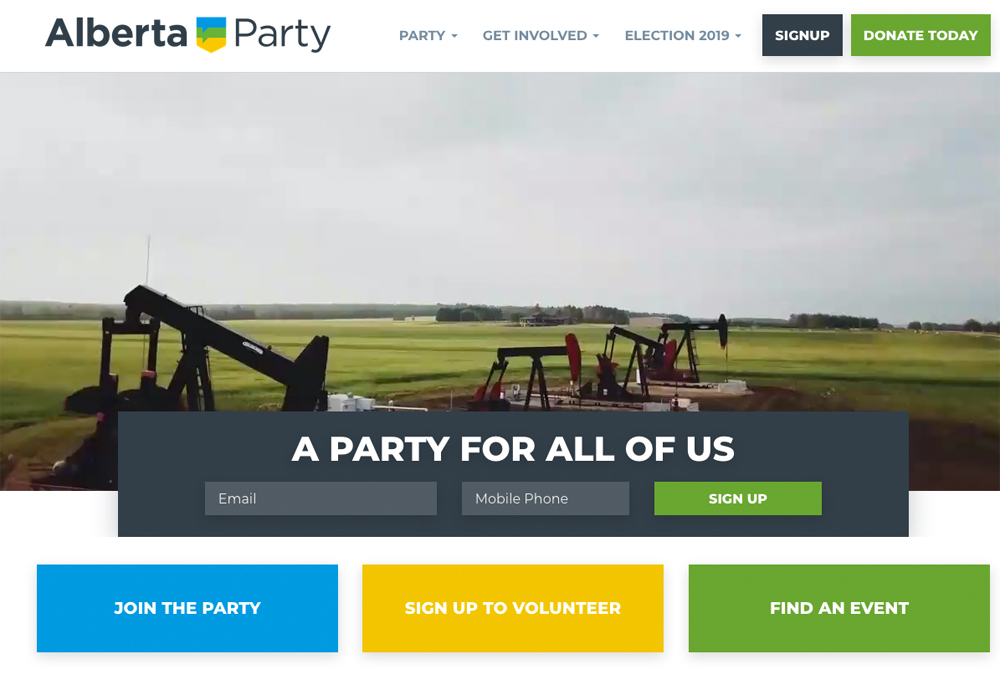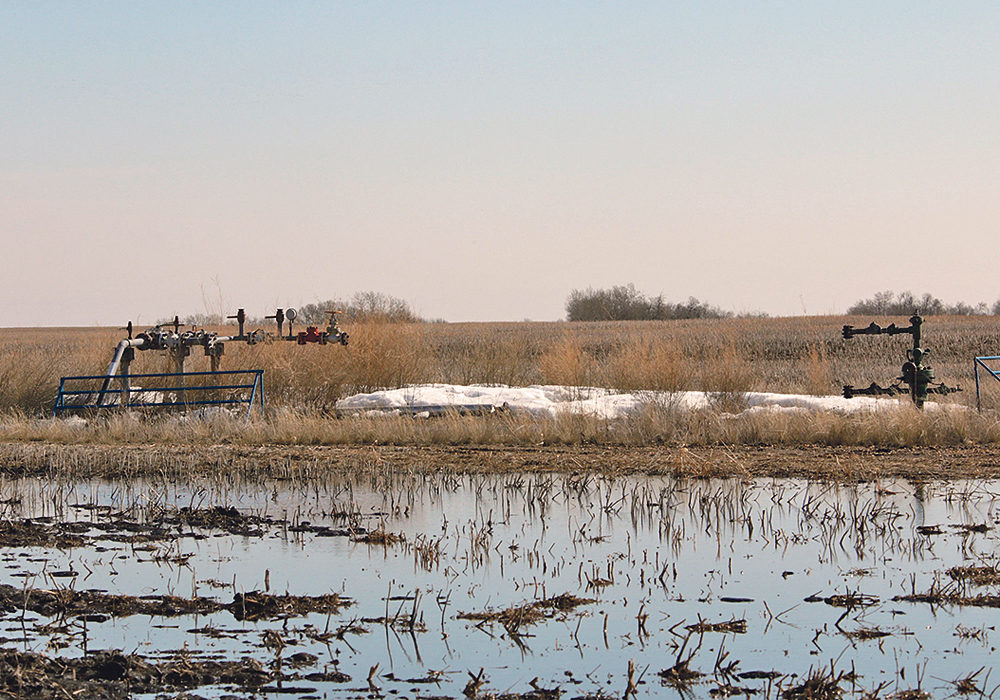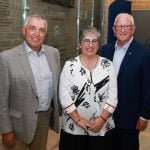RED DEER — This election year is the time for farmers to get involved in politics because no one else will speak for them, says an Ontario producer.
“If we think somebody else is going to lobby on our behalf, we have another thing coming,” Andrew Campbell told a recent Alberta poultry conference in Red Deer.
“Our side of the story doesn’t exist unless we tell it.”
His message is particularly timely, considering a provincial election has been called in Alberta for April 16 and a federal election will be held this fall.
Read Also

First annual Ag in Motion Junior Cattle Show kicks off with a bang
Ag in Motion 2025 had its first annual junior cattle show on July 15. The show hosted more than 20…
Public trust in Canadian agriculture is diminishing, with polls from the Canadian Centre for Food Integrity showing that consumers have their doubts about how farmers do their business. The general public is more concerned about farm animal welfare and the environment and worry about the cost of food. This kind of information flows back to politicians.
Campbell said not enough people are talking to politicians and policy makers about the reality of what happens on the farm and how these businesses are run. An election year is the ideal time for farmers to connect with candidates and share ideas, he added.
“That is a really great time to introduce yourselves and actually have some of your ideas brought forward because you have that opportunity to meet everyone,” he said.
“If we want a politician to hear our side of the story, then we have to be the one to tell it. There are lots of people out there who are quite happy to undermine you.”
He said he has learned that getting involved helps candidates remember him, and the next time they have a question about farming, his name is on the list.
He suggests buying a party membership because it is inexpensive and provides some inside information.
Go to all candidates’ meetings.
Don’t by shy, and try to ask questions. Be polite and offer solutions rather than complaints.
Listen to questions from other people to see what their concerns are.
Stay for coffee afterward and introduce yourself.
Rural ridings may not have farmers running, so candidates may not know much about agriculture and may feel insecure about it.
“By the second or third time they talk to you, you are getting to be a person they know,” he said.
“A lot of people come and go quickly with one single complaint or idea.”
Before speaking, have correct information to back up ideas.
Farmers pay levies to commodity groups that have useful information when speaking to politicians. That information covers the size and value of the industry to the Canadian economy in terms of sales and jobs tied to the sector.
As well, he said, do not speak against other agriculture sectors.
Contact barbara.duckworth@producer.com






